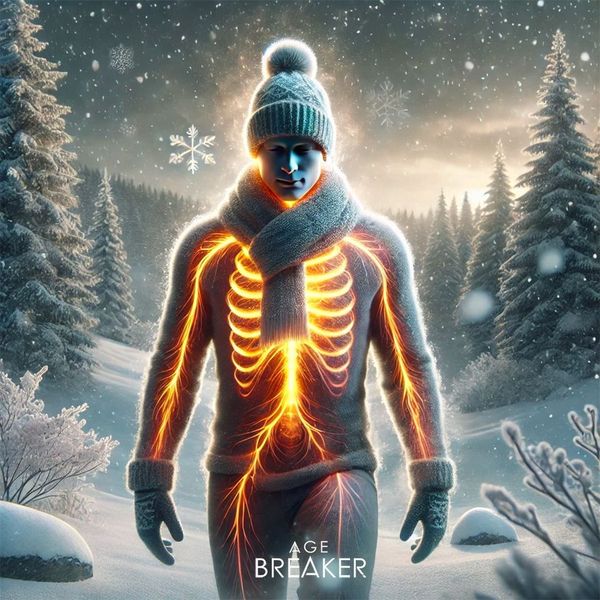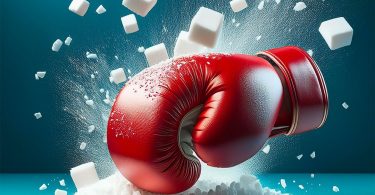Moderate exposure to low temperatures may improve longevity.
For some animal species, exposure to low temperatures, allowing the body to cool down very slightly (around 0.5 degrees Celsius), appears to have a positive effect on longevity (1).
Conversely, regular exposure to extreme cold has a negative physiological impact, even in healthy people.
Studies show that the improvement in longevity associated with exposure to cold is due in particular to an improvement in glucose metabolism in response to cold (2).
Provided it remains moderate, exposure to cold could be a strategy for preventing certain aging factors, such as metabolic imbalances.
© AGE Breaker 12 2024
[Glycation is one of the major causes of aging. Resulting from the fixation of sugars on the proteins constituting the organism, glycation generates toxic compounds that cause cellular aging. Glycation is particularly involved in metabolic disorders, skin aging and cognitive decline.] [AGE Breaker, patented nutritional supplements, based on rosmarinic acid, recognized by aging specialists around the world for their properties to reverse the effects of glycation.]More on www.agebreaker.com
#agebreaker #glycation #antiaging #longevitymedicine #preventivemedicine #preventivehealth #skinaging #4pmedicine #advancedglycationendproducts
(1): Lee, H.J., Alirzayeva, H., Koyuncu, S. et al. Cold temperature extends longevity and prevents disease-related protein aggregation through PA28γ-induced proteasomes. Nat Aging 3, 546–566 (2023). https://doi.org/10.1038/s43587-023-00383-4
(2): IVANOVA, Yoanna M. et BLONDIN, Denis P. Examining the benefits of cold exposure as a therapeutic strategy for obesity and type 2 diabetes. Journal of Applied Physiology, 2021, vol. 130, no 5, p. 1448-1459. https://doi.org/10.1152/japplphysiol.00934.2020









